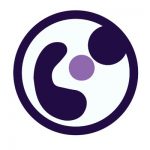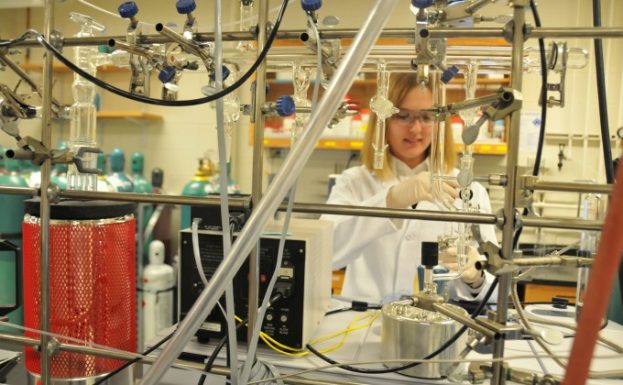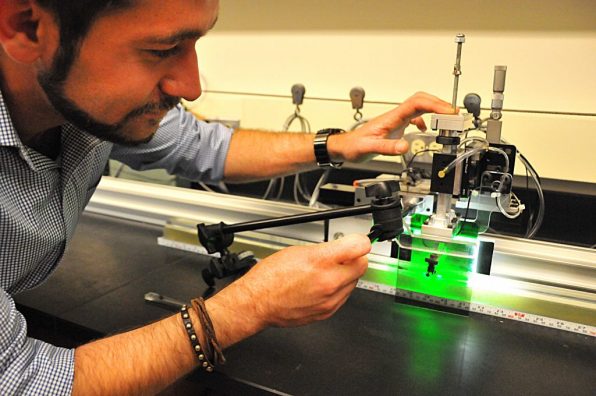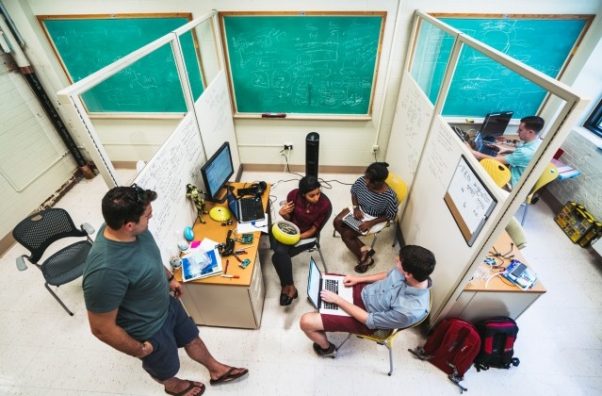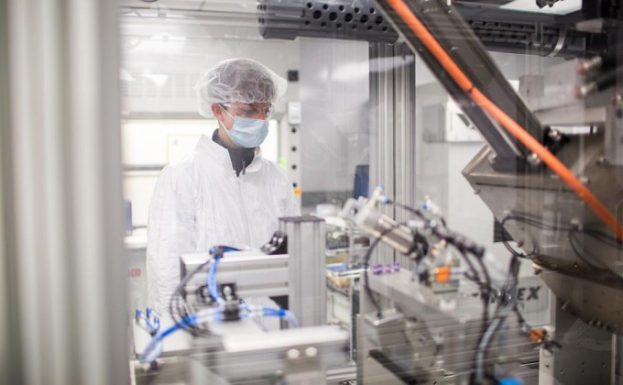White blood cell counts serve as an indicator of the body’s immune system. For cancer patients undergoing chemotherapy treatment, each infusion can severely weaken their body and lead to low white cell levels in their blood, putting them at high risk of infection.
With the help of a small, non-invasive optics-based device that can see through the skin and count blood cells as they flow past a miniature lens, patients will be able to track their body’s response to the treatment. By doing so, patients can lower their risk of infection, avoid unnecessary visits to the hospital, and know when they’re ready for the next infusion, which is typically ahead of schedule.
Carlos Castro-González, PhD first saw the side effects of chemotherapy while doing clinical rotations. After learning that many cancer patients can tolerate a higher frequency of infusions than they normally get, and that with a higher frequency comes the potential for better treatment outcomes, he began working to address the problem.
When Carlos joined the healthcare innovation partnership program known as MIT linQ (formerly M+Visión) in 2013, he met catalyst fellows Ian Butterworth, MSc, Álvaro Sánchez-Ferro, MD, and Aurelien Bourquard, PhD, and began collaborating with them to found Leuko Labs.
In 2015, Carlos partook in the Translational Fellows Program for postdoctoral associates, through which he was able to connect with MIT’s entrepreneurial ecosystem, such as the Deshpande Center for Technological Innovation which funded the development work. The following year, Leuko Labs was selected from among 200 to participate in the MIT delta v accelerator. Wanting to add more business expertise at this stage to focus on the venture side, the team recruited Ramon Gamble MBA ‘17 and Álvaro Martínez Higes MBA ’17, allowing the fellows to concentrate on the research.
As of 2017, Leuko Lab’s innovative in-home immune system monitor is completing its proof-of-principle phase and entering its first clinical studies with chemotherapy patients.

